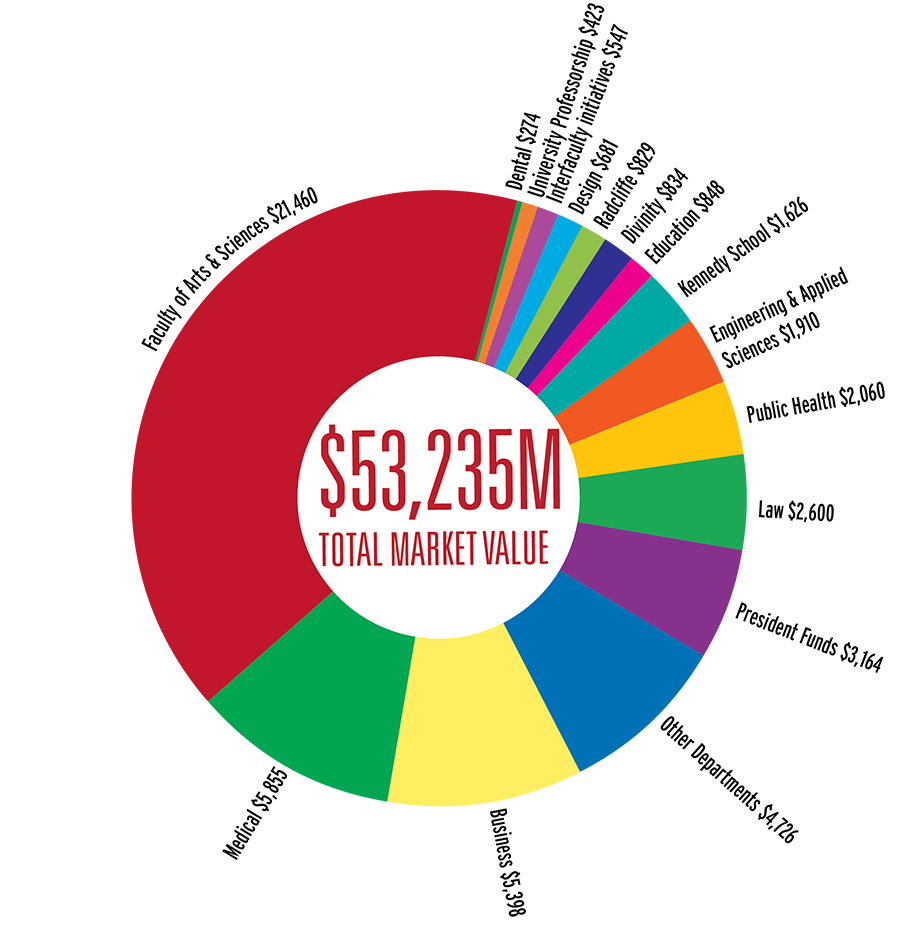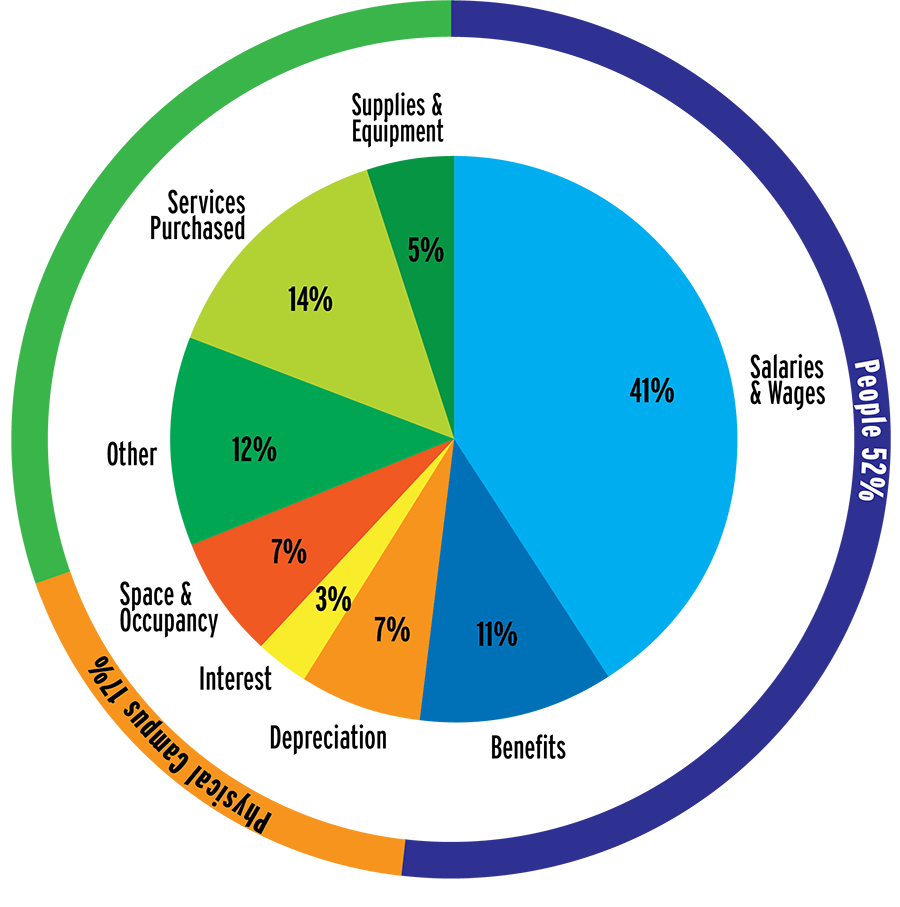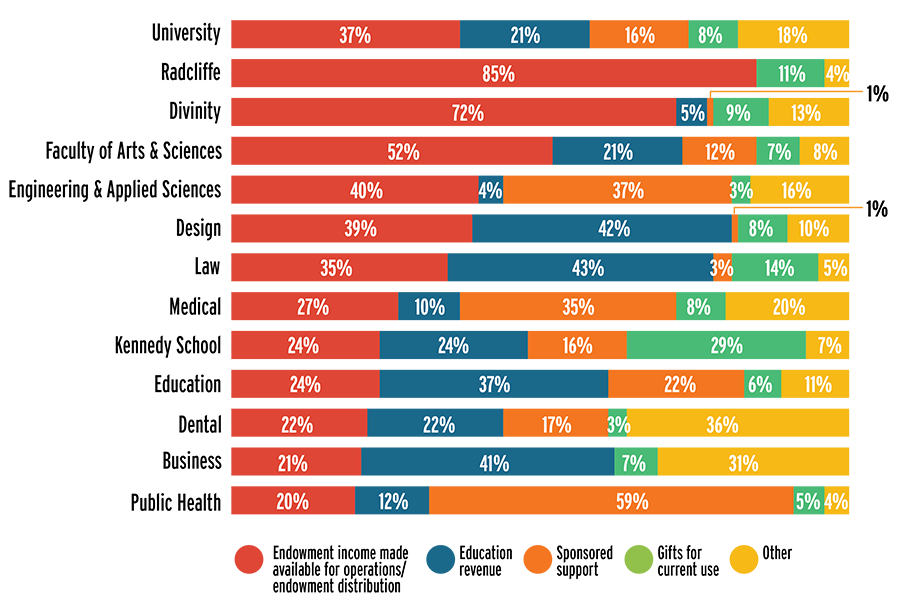Surrogacy contracts involve a long term relationship, focused on a nine month pregnancy. So commercial surrogacy depends on secure financial arrangements, which generally require funds to be held in escrow. The WSJ article below documents that these escrow accounts are insufficiently regulated in some states, which can cause serious problems for surrogates and intended parents when the account holders are dishonest or careless.
Surrogacy Is a Multibillion-Dollar Business. Sometimes the Money Goes Missing. "The growing industry has little regulation and many cases of financial abuse; escrow funds taken to pay gambling debts, buy bitcoin." By Ben Foldy
"Escrow companies, used in the majority of surrogacies, can handle millions of client dollars with almost no oversight, according to a Wall Street Journal review of court filings and interviews with parents and surrogates.
...
"The lack of regulation means that parents and surrogates frequently have little legal recourse and dim hopes of recovering lost funds. Already-pregnant surrogates must carry through with labor that they know they may not be paid for, while potentially being on the hook for medical bills they may not be able to afford. Parents face the prospect of messy litigation from unpaid surrogates. One couple whose surrogacy funds disappeared due to fraud before they were able to successfully transfer an embryo said they gave up hope for a pregnancy.
“Holding other people’s money is usually such a highly regulated industry,” said Andrew Bluebond, an attorney in Texas who helped Gallozzi look into what happened at SEAM. The surrogacy community’s relatively small size and intimate domain, Bluebond said, fostered a false sense of financial security.
“Rather than using the safeguards other industries use, they let their trust betray them,” he said.
...
"Surrogacy has exploded into a multibillion-dollar industry, driven by increasing rates of infertility, expanded insurance coverage, the growing prevalence of LGBTQ families and an influx of couples from countries where the practice is illegal, including China. Last week, President Trump announced a deal aimed at lowering the price of medications used in IVF.
There were around 10,850 transfers of embryos to surrogates in the U.S. in 2023 involving clinics reporting to the Society for Assisted Reproductive Technology, which says it represents clinics that perform around 95% of all procedures. That was up from 8,461 in 2021. The group’s data and other analyses expect an annual growth rate of about 15% over the coming years. About half of those embryo transfers resulted in successful deliveries.
Despite the growth, there are no federal laws regulating the financial or other aspects of surrogate pregnancies, and the practice is subject to a patchwork of state regulations. In Louisiana, for example, compensating surrogates is outlawed entirely. In a handful of other states, the contracts that often accompany surrogacy arrangements are legally unenforceable.
...
"Last month, the nonprofit Society for Ethics in Egg Donation and Surrogacy, which functions as a kind of industry best-practices group in lieu of regulation, passed new guidelines for escrow accounts, although they have no binding power. The suggestions recommend escrow providers have relevant credentials, are subject to audits by certified accountants and have more than $10 million in bond coverage. "





